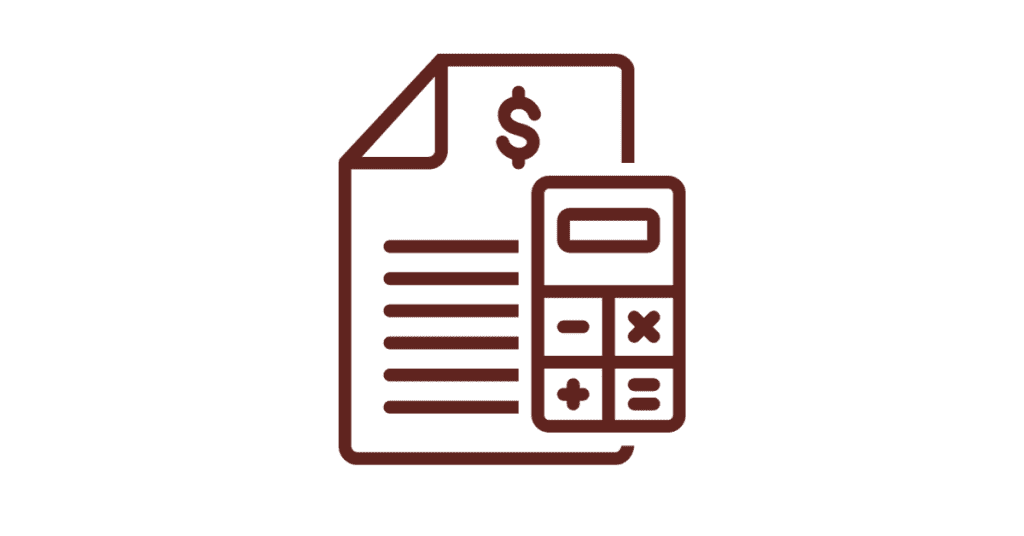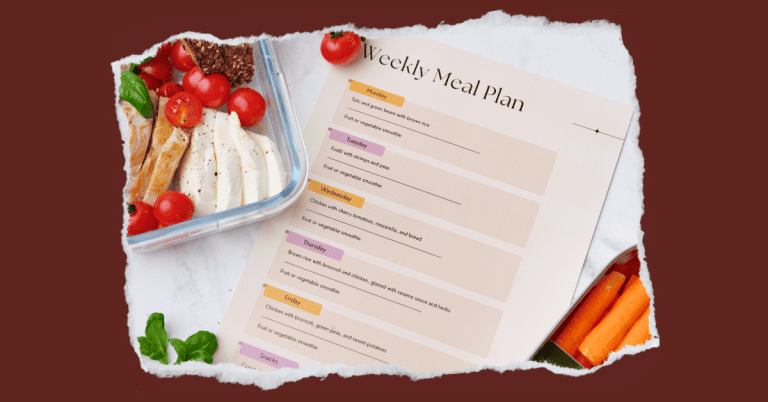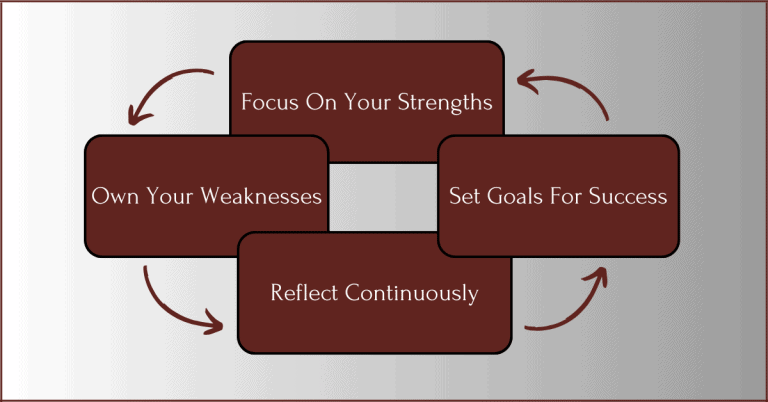I’ll show you some realistic ways to spend less money now and save for the future, especially during financial hardship and unstable economic conditions. By putting these tips into practice, you can easily achieve your savings goals while living your best life.
1. Start a Budget

Determine exactly how much money you take in every month and how you can save money now. Be realistic and shoot for the lowest estimate for your income. This could be overwhelming at first, but will help in planning your financial future in the long run.
Take a look at your current debt. Look at the last year of spending. Look at the months you spent more…were these vacations, holidays, and other activities you anticipate in the future?
What was the average you spent on food? Gas? Online shopping? Did you reach into your savings account or your emergency fund?
Did you make a big purchase? Did you pay a high interest rate that if eliminated could save hundreds per month or year? Did you pay full price for something you could have gotten on sale?
Figure out how you can be saving money on any of these expenses or realistically if this is what you anticipate spending in the future.
Taking a critical look at how you’re spending money is an important first step in your plan to save now and have more money in the future.
Don’t worry, there will be ways you can maintain an enjoyable lifestyle in your plan!
2. Remove Unnecessary Expenses

Consider all options here. When looking at your expenses, identify those monthly bills you really don’t need.
You will spend less money now by cutting out unnecessary subscriptions, memberships, and services that aren’t paying you back and you can improve your current debt to income ratio.
Think about the future financially free you and if these monthly expenses will be necessary and part of you then.
Ask yourself if they are for convenience or if they are necessary considering your money goals. If you haven’t used it in six months or more or if it doesn’t truly help you save for the future, cut it out of your monthly bill.
In order to see big savings, you will need to make some hard decisions here.
Try taking small steps. Maybe cut one or two things out at a time.
Is it a subscription or streaming service you rarely use? What would you advise someone else about these services if you were recommending tips on ways to save money? Would you recommend they cancel unnecessary subscriptions and turn it into extra cash?
Can you improvise or compromise on something? Would it be more cost beneficial to work out at home with a video or an app?
Make a list and prioritize your services and come back to it later.
3. Plan Meals and Meal Prep

Be creative here. With a little bit of planning and prep work, you can easily spend less money now.
Make a grocery list of your favorite healthy dishes and ideal snacks. Purchase exactly what you need once a week.
Remember to eat before going grocery shopping, otherwise you set yourself up for impulse purchases.
One day a week, prepare your meat or desired protein, and prep your fixings by cutting up the vegetables and protein to be easily prepared the day of the meal.
For lunches, create an upside down salad or glass containers with your lunch meals for the week. This helps control your food intake as well, so it’s a win-win situation.
For your ideal snacks, choose fruits and nuts. For example, a great snack is a banana with walnuts. Another is yogurt with fresh fruit, such as blueberries.
These snacks are excellent for digestion and full of protein to help you stay full. Not to mention, they help you spend less money now by not having to go out to eat and paying convenience prices, ruining both your budget and your healthy diet.
Taking time to prepare and plan your meals on the front end will add up to more savings on the back end.
4. Look for Sales and Coupons

It’s definitely worth the few minutes of work each week to search for good deals and electronic coupons in order to spend less money now. There are some websites, apps, and flyers that have special savings.
When on a budget, it’s a good idea to continue to purchase the same things weekly and stick to your budget.
If you do find an unbeatable deal, make sure it’s not impulsive just because of the price and within your budget.
Don’t purchase something that is unhealthy just because it’s on sale. Try not to purchase something that’s expensive just because of the markdown. Make sure it is within your budget and within reason.
Have discipline and stick to the items on your list if you really want to spend less money now and save for the future.
If you have to, take a comparable item off your weekly grocery bill to balance your budget for the week and then resume your regular plan the following week.
5. Buy in the Offseason
Look for sales throughout the year and consider purchasing on black Friday or clearance sales. Don’t wait until the last minute to purchase gifts.
You don’t have to resort to thrift stores, yard sales, or wait until you get tax refunds to spend money.
Make a list of people you will buy gifts for and include some ideas. Stick to your list and specific needs and don’t purchase things impulsively.
For clothes, choose deals over trends and look for timeless clothes that will last many seasons. If something doesn’t fit now, just don’t buy it. If you don’t need it, don’t buy it.
On the other hand, reward yourself occasionally and buy yourself something nice because you deserve it (just try to find a good deal!).
Use your tax refund to reward yourself rather than take it out of your budget.
No matter what you’re purchasing, try to find the best deal, sales price, clearance item, and cash back offer, and avoid purchases with high interest rates.
It’s also beneficial to purchase in bulk when you can, which can help you spend less money now. Even if you don’t have a lot of space for bulky items, there are some deals in bulk that are just too good to pass up.
Consider a wholesale membership if your budget and pantry space can accommodate. Their prices typically don’t fluctuate and sometimes there are great sales on your favorite items.
6. Learn to Cook

By teaching yourself to cook, you not only cut your restaurant spending, but you will rarely be disappointed with your own creations.
Your culinary skills may take a little time and work, but by learning to cook your favorite foods and making this type of investment toward your savings goals will not only save money, but will also save you time and allow you to make great memories in the kitchen and at the dinner table.
Especially during tough times, being able to eat your favorite meals brings a little much needed comfort without the waiting and inconveniences of dining out.
While there are some conveniences to not having to cook or clean up the mess, there is a lot of sitting, waiting, and limitations on your movement during this time.
Not to mention, if you cook your own food, you may be able to feed more people than what you might at a restaurant and you can actually save money for groceries.
If you’re trying to save money now, you should have some key items on hand at all times.
In order to stay healthy, make sure your ingredients are fresh and wholesome and not processed. Learn to grill and prepare healthy foods yourself.
Research some of your favorite foods. Be careful, though. The ingredients can add up, so just make sure it’s cost effective if your goal is to save for the future.
You may even consider planting a garden if you want to save money at the grocery store and always have your favorite ingredients on hand.
7. Invest!

Just a little money now can turn into a lot more money over time. You don’t need to be wealthy to invest or be wealthy in the future. 1
You just need to have financial discipline and practice all the ways to save money now to have financial independence in the future.
Compound interest will significantly increase your small amount over time. The key is to have a savings goal in mind, eliminate all debt (starting with high interest debt), and avoid any purchases that are subject to high interest rates.
What does financial independence look like for you and what is your ultimate savings goal?
Understand that any amount of money you intend to have in the future will not equate to the amount it is today, so shoot for a higher number here.
Also understand that currency as we know it today may not be the same in the future, so consider some investment alternatives to effectively save more and spend less money now.
My advice is to have an emergency fund and invest now in gold and silver.
Never touch your emergency fund and have in writing exactly what you will use this extra money for. Keep it in a separate savings account and don’t tie it to your regular checking account.
Reduce and eliminate your credit card debt (prioritizing those with high interest charges), and always know what’s in your bank account.2
Invest in a retirement plan that offers contribution matching, such as a 401(k). This is especially important because it’s like getting free money, in addition to the compound interest you’ll eventually receive.
You should also consider investing in an IRA and ETF. You won’t have to do anything but set aside a small amount and consider it just another one of your monthly payments.
Have the money come out of your check or bank account every month, just as you would a regular bill. This bill is different because it is guaranteed to pay you back in dividends. The more you put into it, the more you will see in the end.
Look into an app or service that can advise you when to reinvest your capital gains so you aren’t relying on just the dollar cost average.
Whether your intention is to actively participate in an investment strategy or set it and forget it, you will spend money now that will multiply over time.
Investing is a lifelong process and the earlier you start paying into it, the more it will pay you back.
8. Consume Less
Just hear me out.
You may have heard that our portion sizes are too big, but have you heard that over 650 million people worldwide are obese and nearly 2 billion adults worldwide are overweight? That’s according to the World Health Organization as of 2022…we can be saving money while saving our waistline.
The truth is, we’re eating too much, drinking too much, and we’re wasteful. There are companies profiting off of our overindulgence and lack of discipline.
Really take a look at how much you consume, whether it’s food, alcohol, or sugary drinks.
Now think about how much of that you really need and how you can save money here, but also how you can save your health.
Just like saving money on a budget, consider tightening up the food budget here. This is where a lot of money is wasted and costs us more in the end with excess pounds and having to consume more for increased bodyweight.
Over time, we have higher medical bills, our energy is decreased, and our clothing sizes increase.
We’re always fighting diets and riding a roller coaster of hunger and starvation to lose weight. This is an area we can truly spend less money now and save more for financial freedom later.
9. Reconsider Your Entertainment

You can spend less money now on your entertainment. While technology has improved our ability to be easily entertained, it has made us reliant on it in some aspects.
Try to get out and enjoy nature, look for outdoor and free activities or short road trips in your area.
While streaming services and online games are enticing entertainment, they can be dangerous to our health and well-being if not done in moderation.
An occasional binge-watching over a relaxing weekend can help you spend less money now on outside entertainment.
But binge-watching or all-night gaming can have negative effects on our health by causing us to lose sleep, not eat properly, not be active, and can have a snowball effect on our social and work lives.
With these key tips, you can spend less money now and prepare yourself for financial freedom. Simple strategies, such as creating a budget, changing some spending habits, consuming less, learning to cook healthy and well, and most importantly investing, you can be well on your way to financial freedom. By saving for your future and spending less money now, you are in the driver’s seat of your long term financial goals.





